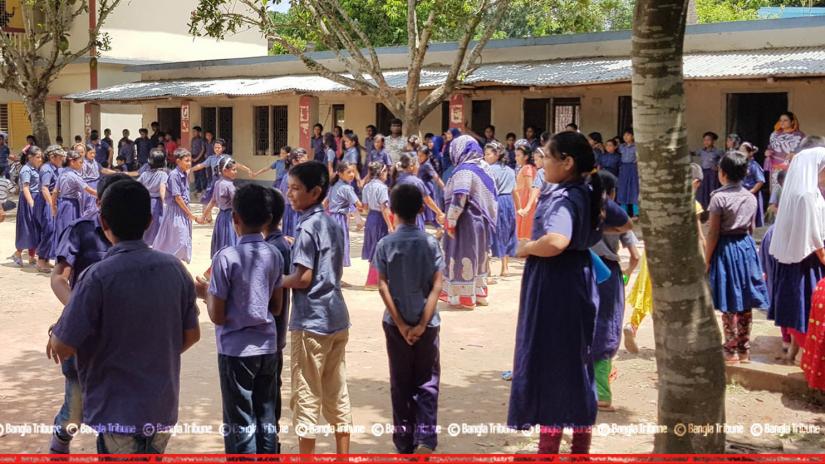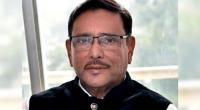 Although the world is set to celebrate International Literacy Day today, one in four people in Bangladesh are unable to read or write.
Although the world is set to celebrate International Literacy Day today, one in four people in Bangladesh are unable to read or write.
According to the latest data from the Bangladesh Bureau of Statistics (BBS), 42 million people – about 26% of the population – are still illiterate.
In its 2008 election manifesto, the ruling Awami League pledged to achieve 100% literacy in the country by 2014. The target was echoed in the National Education Policy 2010 and the government’s Sixth Five-Year Plan but ultimately went unmet.
Subsequently, in its manifesto for the 2014 general election, Awami League pledged to continue all projects and programs taken for the eradication of illiteracy. Ahead of the 11th general election in December 2018, the party once again pledged to eradicate illiteracy, but this time without specifying a deadline.
The literacy rate of people aged over 15 in the country currently stands at 73.9%, up from 58.6% when the Awami League came to power in 2014, BBS data says.
The country’s population is over 161.17 million.
Experts have stressed the need for ICT and skill development programs alongside literacy programs in order to truly eradicate illiteracy.
Where we are heading?
According to Unesco, literacy is the ability to understand what one reads and writes in their first language and the ability to keep day-to-day accounts related to household income and expenditure.
All successive governments in Bangladesh since 1991 have considered education as a prioritized sector and allocated large budgets, but none have been able to eradicate illiteracy.
Officials at the Primary and Mass Education Ministry said although the total budgetary allocation for education was large, the allocation specifically for literacy programs was insufficient.
They added that projects focused on primary education, while the non-formal education system was largely ignored.
On the other hand, campaigners for literacy programs said adult literacy and non-formal education programs were not being implemented swiftly due to a lack of proper planning and methodology.
KM Enamul Haque, deputy director of Campaign for Popular Education (CAMPE), said the definition of literacy contains four parts - reading, writing, numeracy, and application of these skills.
“Usually, literacy is attained in two ways - formal education and adult literacy programs. We are largely depended on formal education, and literacy has gone up because of the rise in school enrolment and reduction in dropout rates. However, adult literacy programs remain missing, when they could have helped us develop literacy in a faster way,” he said.
Referring to the ruling Awami League’s pledges to eradicate illiteracy, he said the related projects could not be sustained due to inadequate funding and planning.
The CAMPE deputy director also said digital literacy and ICT-based education was necessary to attain “real literacy.”
Tapan Kumar Ghosh, director-general of the Bureau of Non-Formal Education (BNFE), told that the Primary Education Ministry is implementing a Tk38,000 crore project under the Primary Education Development Program (PEDP 4), to improve literacy among children who are unable to go to school.
“We are also working on a project with the target of bringing 10 million people under literacy programs in the next five years. The proposal will be sent to the Planning Commission for approval soon. If the project is implemented properly, 100% literacy by 2030 is easily attainable,” he said.
During a press conference on International Literacy Day held at the Secretariat in Dhaka on September 5, State Minister for Primary and Mass Education Md Zakir Hossain said the government is not satisfied with a 1% increase in the literacy rate from a year ago and expects more this year.
He added that 4.5 million are being given primary education at 250 upazilas of the country, and about 2.4 million people have been educated through the project.
The government has also taken initiatives to provide informal primary education to 1 million children who have been deprived of education due to poverty, child labour and geographical barriers, he further said.


